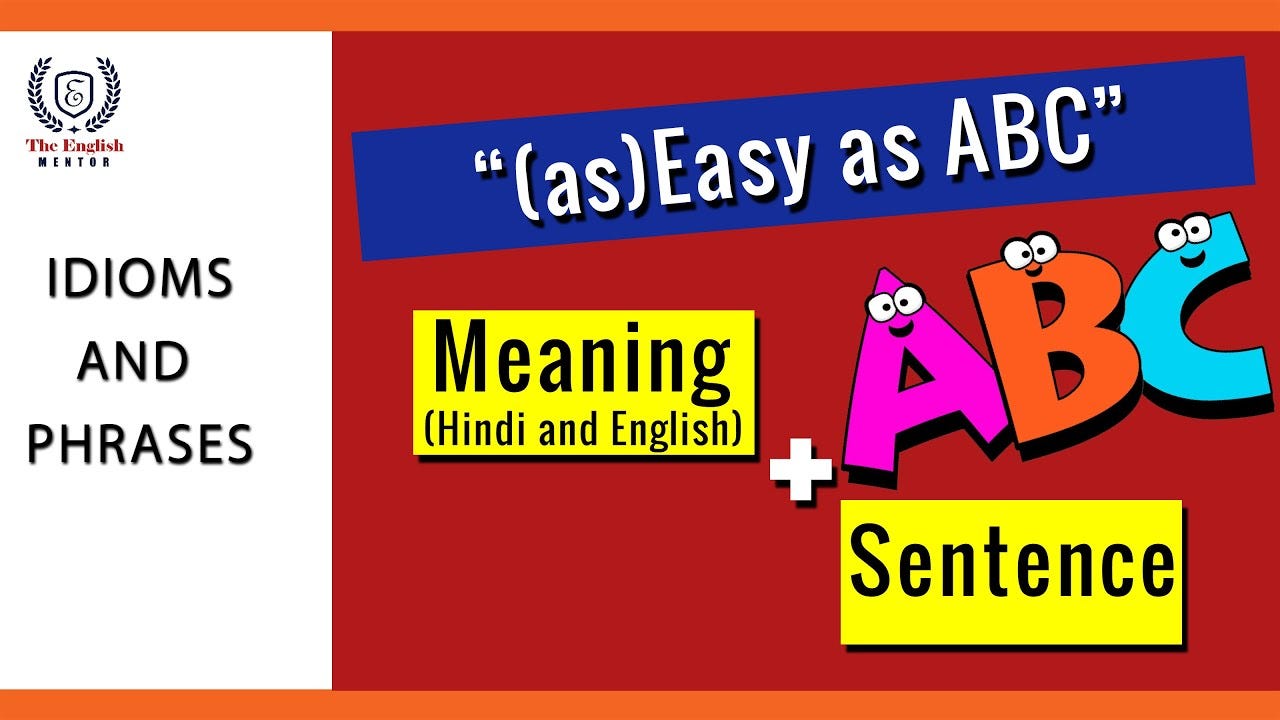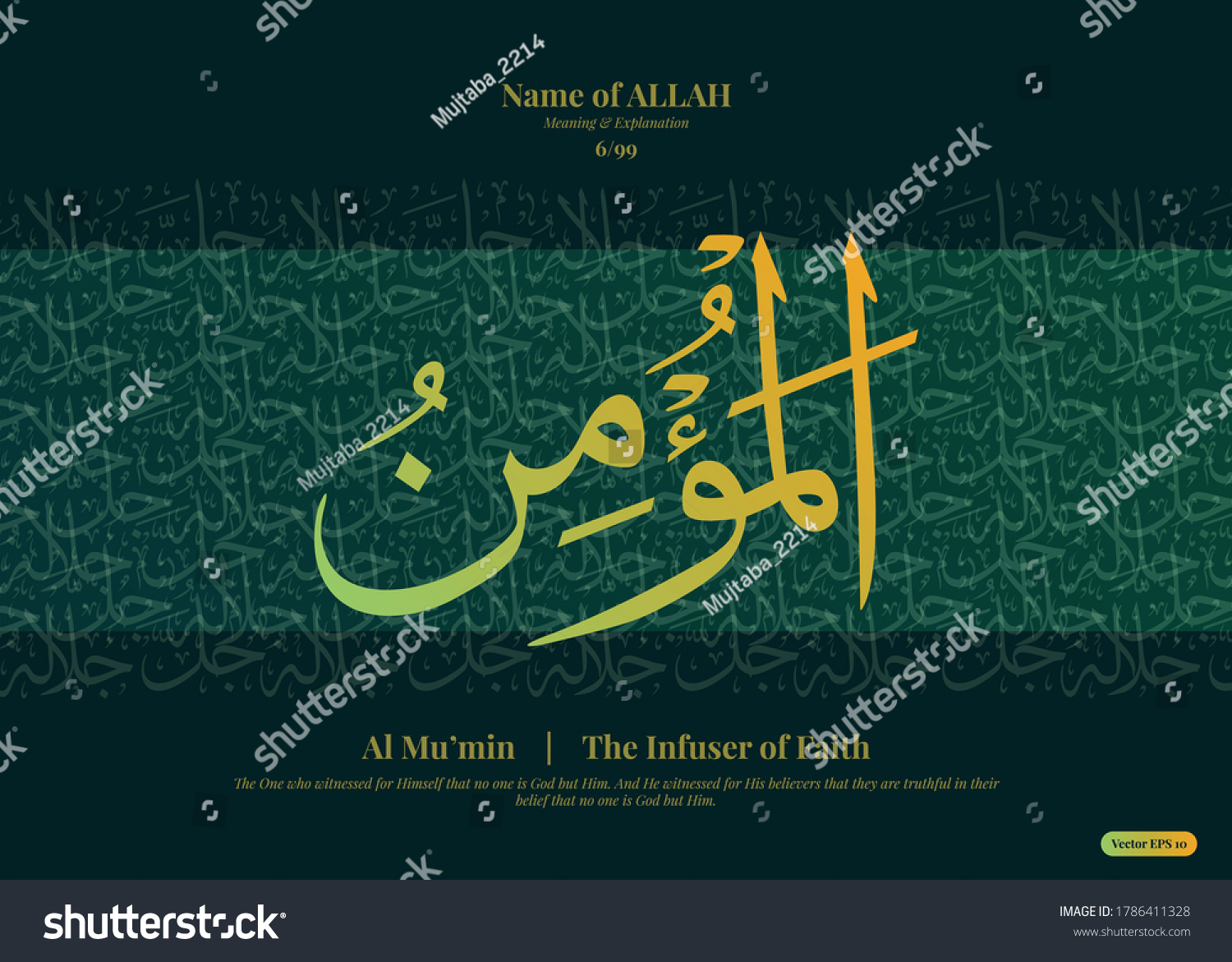Min Meaning In English
Found 938 words that start with min. Browse our Scrabble Word Finder, Words With Friends cheat dictionary, and WordHub word solver to find words starting with min. (مِنْْ) - min – particle Definitions: from some, some of Examples: ana min al-Sin (أنا من الصين); I am from China. Yawmun min al-ayyam sawfa najtami’ (يوم من الأيام سوف نجتمع); Some day we’ll be together. Written abbreviation for minute: 2. Written abbreviation for minimum, used in signs.
- Min Minded Meaning In English
- Dictionary English To English Meaning
- Men Meaning In English
- Min Jumla Meaning In English
- Min Yoongi Meaning In English

astaghfirullah rabbi min kulli in Arabic text
Here’s the dua in Arabic,
أسْتَغْفِرُ اللهَ رَبي مِنْ كُلِ ذَنبٍ وَأتُوبُ إلَيهِ
Transliteration: Astaghfirullah rabbi min kulli zambiyon wa atoobu ilaiyh
Translation: I ask forgiveness of my sins from Allah who is my Lord and I turn towards Him.
Allah sent a message to Prophet Muhammad (ﷺ) in Surah Muhammad ayat 19 and reminded him, “So know, [O Muhammad], that there is no deity except Allah and ask forgiveness for your sin and for the believing men and believing women. And Allah knows of your movement and your resting place.”
And in Hadith 3259 At Tirmidhi “The Messenger of Allah (ﷺ) said: “Indeed I ask Allah for forgiveness seventy times a day.”
This is the Prophet of Allah, the man who Jannah is guaranteed, still having the humility to ask Allah subhanahu wa ta’ala for forgiveness seventy times a day. According to other narrations it is reported as high as hundred times daily.
Perhaps we would do well if we recited this dua among others frequently throughout the day.
Warning About False Hadith:
The Arabic wording and translation of the rabbi min kulli zambi dua are correct and can be said to ask Allah for forgiveness.
However, in researching for authentic source for this dua, we came across many viral posts on Facebook and Twitter which have been shared hundreds of times spreading false information.
Here’s the hadith which is being spread:
Hadith in Question:
The prophet (PBUH) said:
“Oh Ali! do not sleep before you do five things:
1. Reading the entire Holy Quran.
2. Giving 4000 dirham in charity.
3. Visiting the holy Ka’aba.
4. Preserving your place in paradise.
5. Reconciling the enemies.
Then Ali, May Allah be pleased with him, said: “Oh Allah’s Apostle! How shall I do this?” the prophet (PBUH) said: “Do not you know that:
1. If you read Surat “Qul Huwa-allahu Ahad” three times, you will be rewarded as if you read the entire Quran.
2. If you read Surat (Al-Fatiha) four times, you will be rewarded as if you gave 4000 dirham in charity.
3. If you say: “There is None has the right to be worshipped except Allah, alone without associate, to Him belongs sovereignty and praise, He gives life and causes death and He is over all things wholly capable” ten times, you will be rewarded as if you visited the holy Ka’aba.
4. If you say: “there is no power nor might except with Allah, The Most High, The Supreme” ten times, you will be considered as if preserved your place in paradise.
5. If you say: “I seek the forgiveness of Allah who none has the right to be worshipped but Him, the Ever-lasting, the Self-subsisting and supporter of all, and I repent to Him” ten times, you will be rewarded as if you reconciled the enemies”.
Many of the posts fail to cite a source which alone should be a red flag.

Narrated `Ali: The Prophet (ﷺ) said, “Do not tell a lie against me for whoever tells a lie against me (intentionally) then he will surely enter the Hell-fire.” Reference: Sahih al-Bukhari 106 In-book reference: Book 3, Hadith 48
We should recite this dua whenever we please, but do not attribute doing so because your following a teaching from a false hadith.
This would be bid’ah or man made innovation.
31 Jul 11 Arabic Expressions You’ve Definitely Heard (But Probably Don’t Know the Meaning Of)
The Arabic language is known to have many words with innumerable different meanings. Some spoken phrases can express two or more different ideas. When it comes to country-specific conversational terms, the list of such is never-ending! There are over 22 Arabic dialects with slang words and phrases differing from one country to another. Nonetheless, with exposure to several varieties of the Arabic language and culture by means of mass media, socializing, traveling, etc., many Arabs are becoming more and more familiar with and are using expressions from other countries in daily life situations.

Here you have it, we’ve selected 11 Arabic expressions from across the Arab world and how they’re used in basic conversations. Yalla, let’s begin!
1. khalas
Translation: done / OK / alright / finish / enough / stop it
Dialect: All Arabic dialects
Depending on the situation, there are many different versions (and tones) of ‘khalas’ that Arabs use. As you can see above, the translations are endless! It can be used to end an argument “khalas now!!” and said when you finish a task, yell at your kids or even when you tell yourself to stop overthinking. Ok, khalas I’ll stop.
2. yaani
Translation: meaning / like / it’s like
Dialect: All Arabic dialects
In Arabic, yaani is the English word for the slang interjection “like”. It frequently comes up in any conversation. Tweak it up and write it in Arabizi, i.e., the cooler way:“ya3ni”.
3.inshallah
Translation: God willing / hopefully
Dialect: All Arabic dialects
Min Minded Meaning In English
Oh, you’ve surely heard it because Arabs tend to use it so often when speaking. Whether you want to begin or end a conversation (you can add it in between as well) inshallah is your go-to word: “khalas, I’ll finish it today inshallah”.
4.hala wallah
Translation: hi there! / welcome/ my pleasure
Dialect: Gulf
This phrase is widely common in the Gulf countries. It is said when you meet and greet your friends, when welcoming a guest to your home, and …when flirting!
When someone says hi to you say “hala wallah!” (like saying hi back basically). If someone thanks you, you’d reply back with hala wallah, too.
Dictionary English To English Meaning
5.khali wali
Translation: let it be/ forget about it/ whatever
Dialect: Gulf
Those who’ve heard it are most definitely laughing right now. “khali wali” has to be one of the most well-known expressions around the Gulf regions. If you live or have lived in the UAE, you’d hear Arabs, and non-Arabs say it to express annoyance with a person or situation. “Don’t reply to his messages, khali wali.”
6. akeed
Translation: sure! / of course
Men Meaning In English

Dialect: All Arabic dialects
Usually used for confirmation, emphasis or to state something so obvious. “Yes, akeed!”
7. shaku maku
Min Jumla Meaning In English
Translation: what’s up?/ what’s new? how’s it going?
Dialect: Iraqi
Shaku maku is literally a phrase that you’d hear throughout the day when Iraqis converse. All Arabs are familiar with this popular colloquial phrase that translates word-for-word to what’s there and what’s not?

It can be used as a casual greeting or when checking up on someone: “Hey! Shaku maku?”. If you wish, you can reply with “maku shi” (nothing’s new).
8. walaw
Min Yoongi Meaning In English
Translation: even if / it’s ok / of course/ don’t mention it (when someone thanks you)
Dialect: Levant
Lebanese people use this phrase to make someone feel welcome, express surprise, frustration and so on.
“Walaw, it’s on me, it’s my treat”.
9. ya haram
Translation: aww, poor thing
Dialect: Levant
Use it to express sympathy, i.e. when you feel bad for someone. “Ya haram, are you ok?” It can be used when you’re being serious or sarcastic. Remember, it all goes back to the tone it is said in.
10. fahamit alyee shlon?
Translation: do you get what I mean?
Dialect: Levant
Almost every Syrian person you’d encounter would throw fahamit alyee shlon into a conversation! It is more or less a rhetorical question said to emphasize an important point (after an explanation or description of something or a situation). The next time you hear a Syrian talking, listen carefully and observe.
11.min sijak?
Translation: are you serious?
Dialect: Gulf
This question is used to express disbelief and frustration. It’s usually asked in a sarcastic tone to question someone’s actions or statement (it can be on a serious note, too).
A: The flight got delayed
B: Min sijak?
Do you want to practice these expressions and many more? Start learning Arabic!
About the Author:Randa A. Loves experimenting and being creative with food and recipes. She is passionate about nature, learning languages, and exploring different cultures. Randa speaks English, Arabic, and some Spanish.
